- Phone : 216-795-7070
- Email : ctix@karamuhouse.org


In 1915, a pair of Oberlin College (in nearby Oberlin, Ohio) graduates opened a settlement house in an area of Cleveland called “The Roaring Third,” located at the corner of East 38th Street and Central Avenue. With incredible vision, Russell and Rowena Woodham Jelliffe set out to establish a common ground where people of different races, religions, and social and economic backgrounds could come together to seek and share common ventures.
The settlement house idea was conceived out of the principles upon which our nation was founded: that the individual is not wholly determined by his environment but has the capacity to transcend it. Each person can, by his response to his environment, change the way it affects him. Everyone can discover his own, independent significance and make his personal, distinct contribution to life. The Jelliffes soon discovered that the arts provided the perfect common ground, and in 1917, plays at the new Playhouse Settle began. The early 1920s saw a large number of African Americans move into the area from the South during the Great Migration, but resisting some pressure to exclude their new neighbors, the Jelliffes, a Caucasian couple, insisted that all races were welcome.
The Playhouse Settlement quickly became a magnet for some of the best African-American artists of the day. Dancers, printmakers, actors, and writers all found a place where they could practice their crafts. The Jelliffes held high standards of excellence in the arts, not for the sake of excellence, but because they knew that pursuing excellence makes the greatest demands on the individual to fulfill the promise of his potential. The Playhouse Settlement became an active contributor to the Harlem Renaissance, and Langston Hughes roamed the Settlement’s halls constantly.
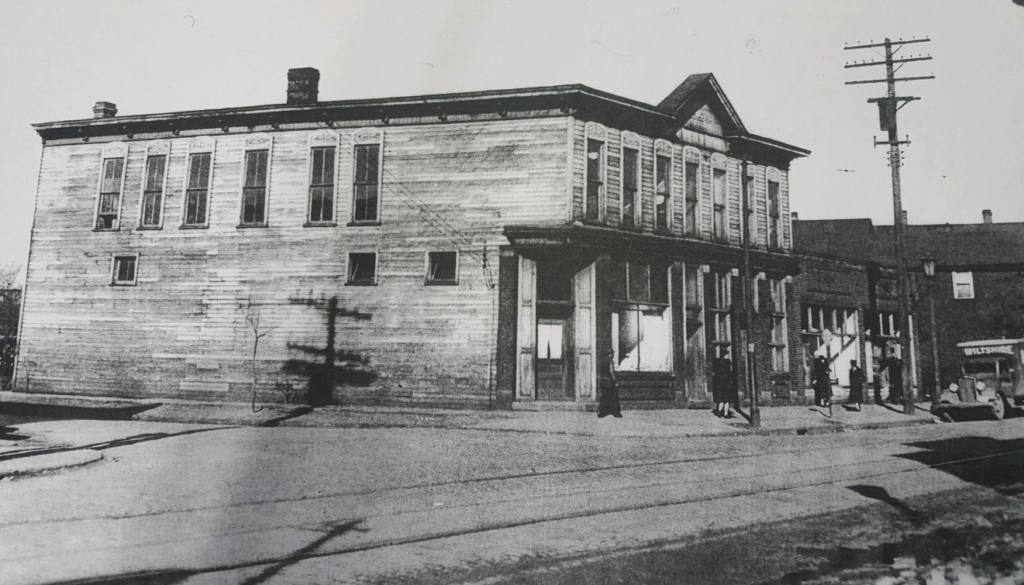
Reflecting the strength of the Black influence on its development, the Playhouse Settlement was officially renamed Karamu House in 1941. Karamu is a word in the Swahili language meaning “a place of joyful gathering.” It became a place where families could gather, share stories, feast, and enjoy.
Langston Hughes, remarked in 1961 that “it is a cultural shame that a great country like America, with twenty million people of color, has no primarily serious colored theatre. There isn’t. Karamu is the very nearest thing to it. My feeling is not only should a Negro theatre, if we want to use that term, do plays by and about Negroes, but it should do plays slanted toward the community in which it exists. It should be in a primarily Negro community since that is the way our racial life in America is still…It should not be a theatre that should be afraid to do a Negro folk play about people who are perhaps not very well-educated because some of the intellectuals, or “intellectuals” in quotes, are ashamed of such material.”
Notables of Karamu House not only include playwright, Langston Hughes, but also authors Zora Neale Hurston and Lorraine Hansberry. Other Karamu House alumni that have distinguished themselves on stage and screen include: Ruby Dee, Robert Guillaume, Ron O’Neal, Bill Cobbs, Ivan Dixon, Minnie Gentry and more recently, James Pickens (“Grey’s Anatomy”), Imani Hakim (“Everybody Hates Chris”), Debra Byrd (vocal coach and arranger for “American Idol” and “Canadian Idol”).
Shortly after celebrating its 100-year-anniversary, Karamu House was faced with well-publicized stories of defeat—a revoked tax-exempt status, a massive staff layoff, declining budgets and theatre attendance numbers—in the Fairfax Neighborhood of Cleveland with its own concerns for economic development. However, with the rallying support of the Cleveland community and notable funders—and under the leadership of Tony F. Sias, President + CEO—Karamu House is experiencing its own renaissance of sorts.
From the Plain Dealer’s article, “Karamu House’s Big Comeback:”
“Karamu has introduced a robust summer arts program for children offered at a sliding-scale fee so that it is affordable, while theatrical performances are typically filling seven out of every 10 seats, and sometimes selling out. On top of which, the arts center at 2355 East 89th Street is hosting poetry, jazz, and comedy shows, which a survey of community residents had indicated they wanted.
Karamu House also secured a $1.8 million capital improvement grant from the state of Ohio to renovate the aging Jelliffe Theatre, 50’s-style lobbies and dated restrooms, light, sound and video systems so that the theater center will be more attractive to patrons. […]
The whole Cleveland area should applaud.”
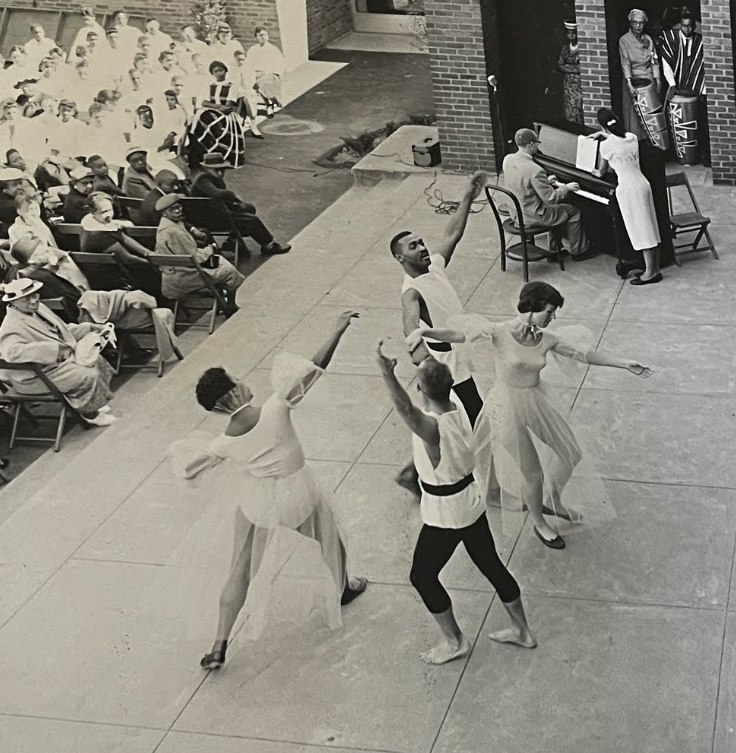
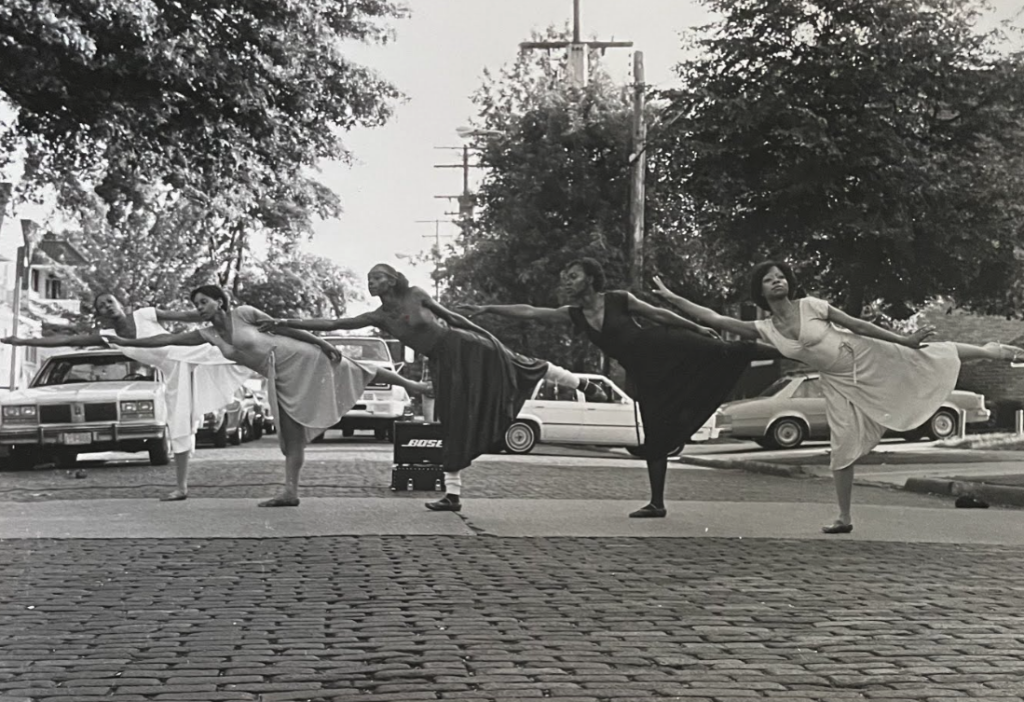
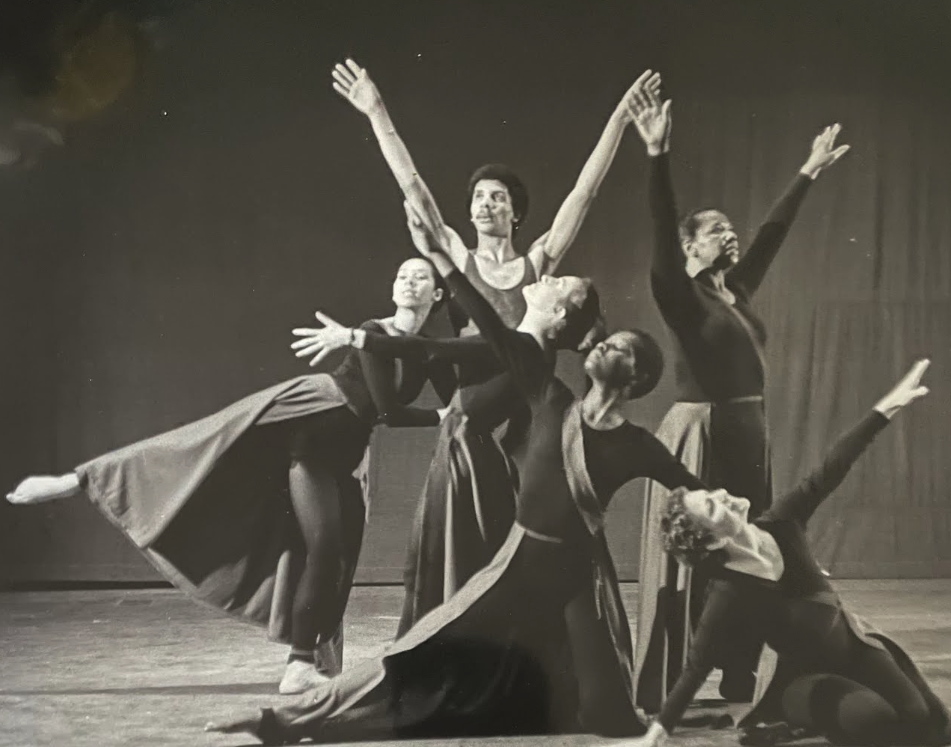
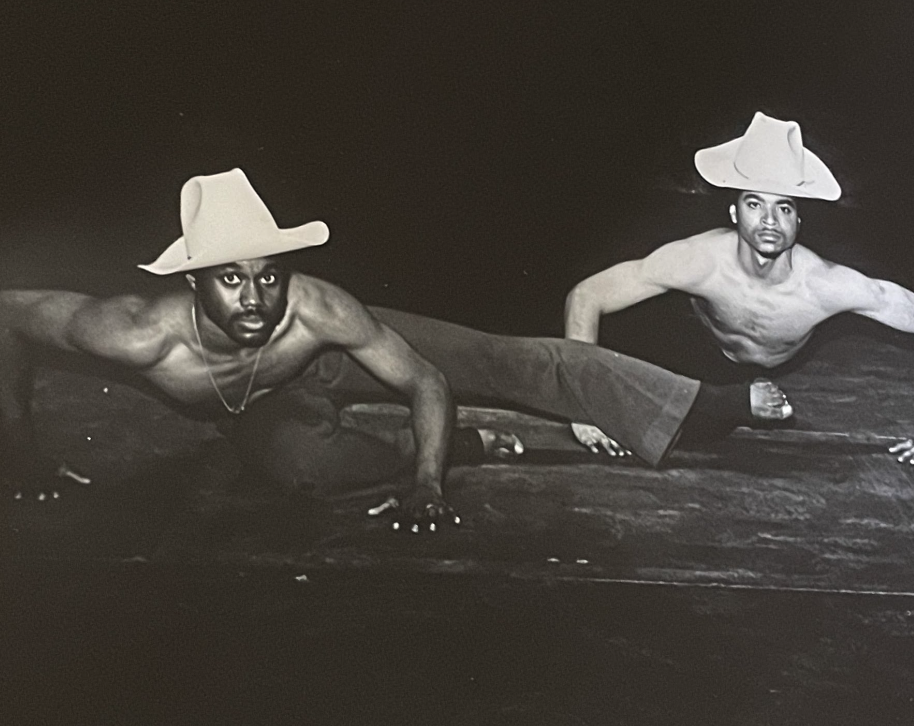
Sign up for the seasonal Karamu House digital newsletter including news and special discounts!

Copyright © 2023 Karamu House. All Rights Reserved.